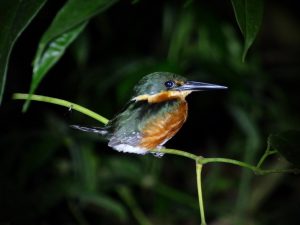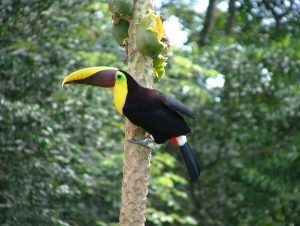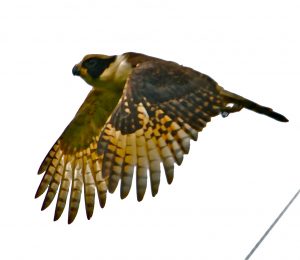Conserving Nature and Paying for it with Ecological Tourism - By Jack Ewing
I was amazed to see on the US Fish and Wildlife web site that 45 million bird watchers in the United States spend around $41 billion on their hobby each year. A lot of that is for equipment, but $14.9 billion is spent on lodging, food, and transportation, while, at the same time, generating 666,000 jobs. If observation of other wildlife is included, the figure nearly doubles to $80 billion a year contributed to the US economy. Ecotourism, by any measure you care to use, is big business.
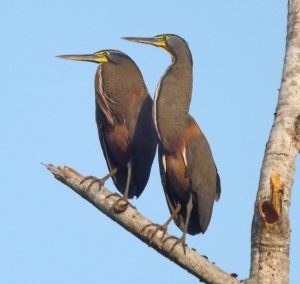
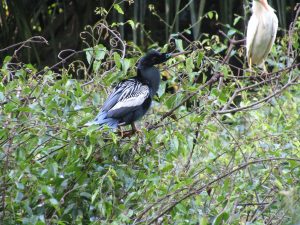
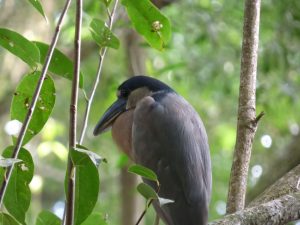
Costa Rica with only a very small fraction of the land area of North America, about 1/388th, boasts more bird species than the US and Canada combined. Hacienda Barú, with only a tiny fraction of the land area of Costa Rica, has identified nearly half that number. In other words we live in a bird watcher’s paradise.
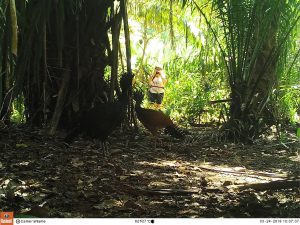
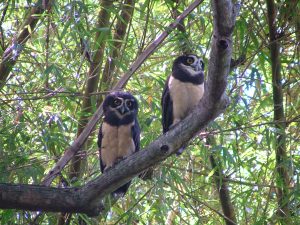
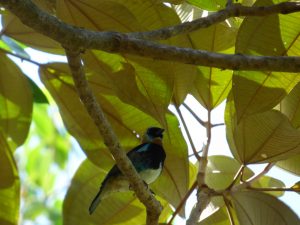
What is the big attraction? Why do so many people spend so much time and money traveling to far away places to watch birds through a pair of binoculars or a spotting scope? I consider myself to be a birder, and I can assure you that there is no simple answer. Part of it is the satisfaction of adding a new bird to your list, or the beauty of finding one of the more flambouyant species. The hobby may appear to be boring to the non birder, but not those who have tried it.The great diversity of species among our avian friends, trying to find and identify them, and observing and learning about their behavior, has a lot to do with the fascination. All of the photos posted here were taken at the Hacienda Barú National Wildlife Refuge. Have a look, and see the great diversity of birds that live on this tiny corner of the country.
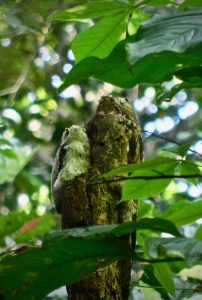
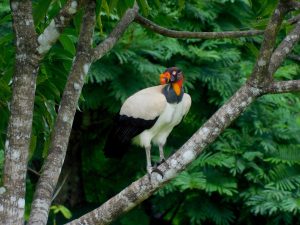
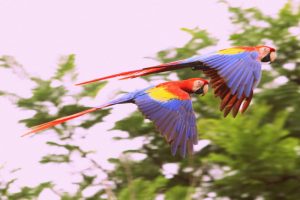
For many years those of us at Hacienda Barú have been concerned with conserving our natural enviornment. We have observed that there are a multitud of natural treasures in the world that deserve to be conserved, but there are nowhere near enough philanthropists to donate the money to protect them all. We realized that part of the answer was to make conservation profitable, and that ecotourism was one path to that end. Hopefully Hacienda Barú will serve as a model for other projects that wish to restore and conserve the Earth’s disappearing wild habitats while, at the same time, generating income and employment for local communities. Visiting Hacienda Barú will show you a multitud of amazing birds and animals while contributing to this goal.
